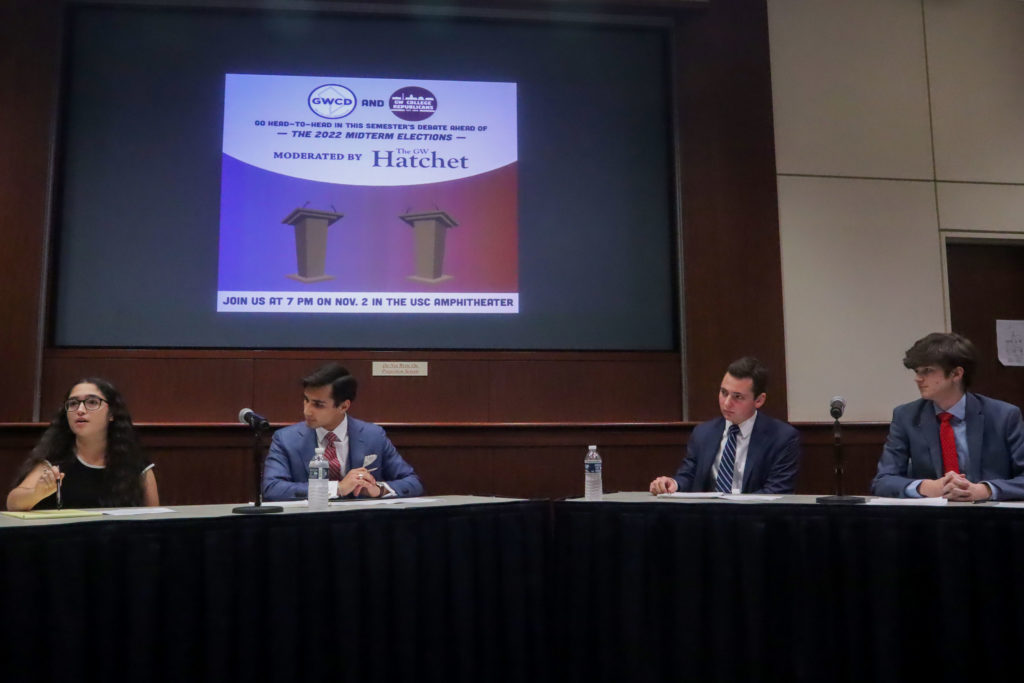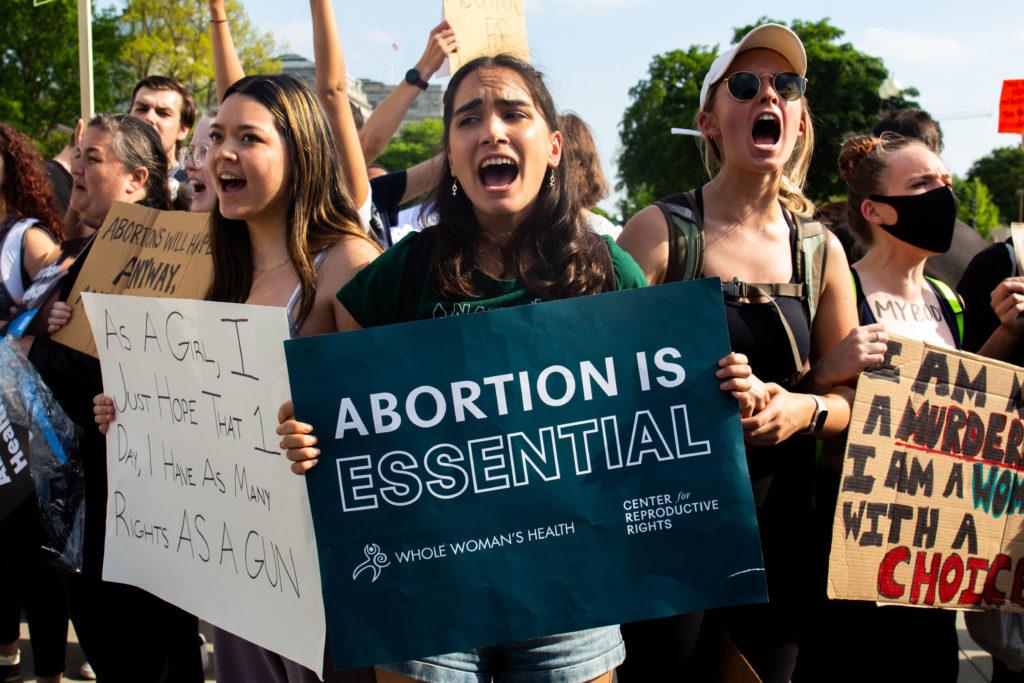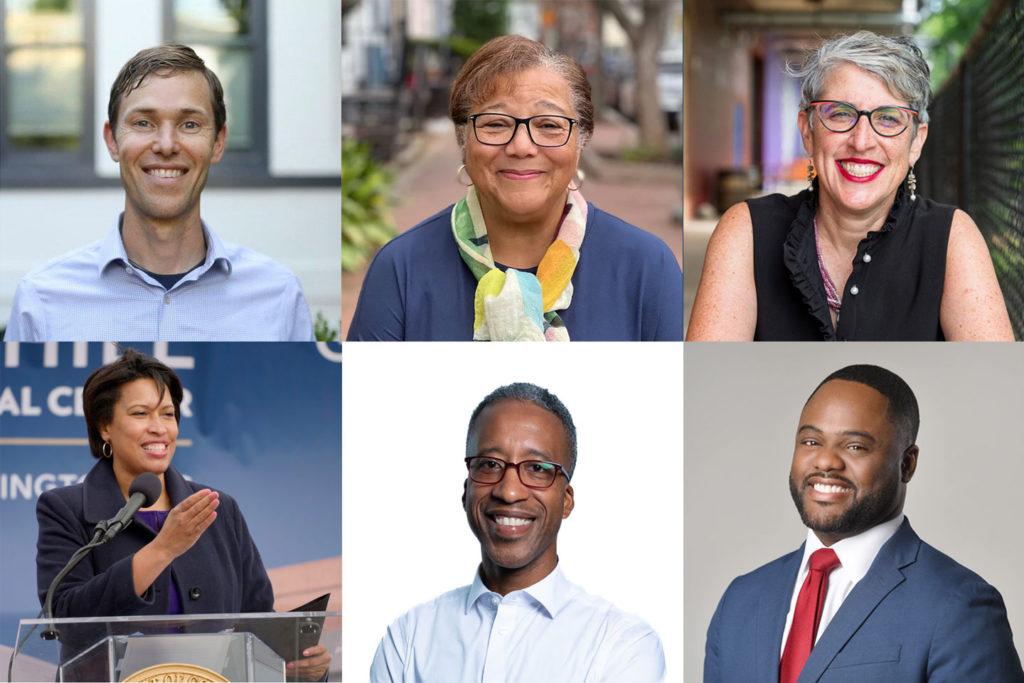GW employees gave 42 percent more to Republican presidential candidates this election cycle than they did four years ago – but President Barack Obama still pocketed five times as much.
Republicans picked up $25,623 from donors who listed GW as their employer, mostly toward Mitt Romney’s campaign. That figure is also the most of all D.C. colleges, according to Federal Election Commission data collected through Oct. 17.
University employees – mostly professors in fields like law, economics and humanities – still funneled $132,702 into Barack Obama’s campaign, about on pace to match the 2008 total of $171,458.
The rise in Republican funding this election is mostly due to one man: Howard Beales, a professor of strategic management and public policy. He donated $5,000 to Mitt Romney this year – the most of any Republican donor at GW.
Beales, an economist and a former director in the Federal Trade Commission, on his own made up nearly one-fifth of GW employee donations to the Romney campaign. He said he did not donate to any Super PACs.
He said while he’s fed up with the negative advertisements and rhetoric used by both candidates this election, Romney’s message of small government resonated with him.
“Romney’s budget plan is a lot more attractive of a way to address what really is a serious looming deficit problem that has to be fixed,” he said. “The kinds of solutions that the Obama administration has proposed won’t make a dent.”
He added that while “one could certainly conceive” that he could land a job in a potential Romney administration, those prospects did not drive his donations.
Some GW administrators and professors were also Romney donors this year. Daniel Kaniewski and Frank Cilluffo, the two top leaders of GW’s Homeland Security Policy Institute, each gave more than $1,000 to Romney. Gregory Maggs, a law professor and former GW Law School interim dean, donated $2,000 to Romney.
But Republican employees, though in the minority, are not marginalized on campus, said Thomas Morgan, a professor of antitrust and trade regulation law.
“The reality is that although academia is primarily liberal, I find GW to be a very comfortable place to be a conservative. I have never been or have seen discrimination against others for their political beliefs,” Morgan said.
The shift to the right begins to tip the balance at a university known for leaning left. Nationally, less than 10 percent of professors at private universities call themselves conservative, according to a survey this month by UCLA’s Higher Education Research Institute.
Professors at University of California and Harvard University made up the first and fifth largest sources of collegiate cash for Obama, respectively giving more than $1 million and $600,000.
Two GW Law School professors – Spencer Overton and Alfreda Robinson – were some of the biggest bundlers for Obama last year. They each independently fundraised over $500,000 before handing over the checks they collected to the Obama campaign.
David Bjelajac, a professor of art and American studies, gave $3,600 to Obama over the general and primary elections.
“I basically share Obama’s values, and as a college professor, I am deeply appreciative his commitment to the arts and sciences, his willingness to acknowledge and act upon the problem of global warming,” Bjelajac said.
Russ Choma, a reporter for the nonpartisan Center for Responsive Politics, said while professors are typically paid more at top contributing universities – giving them more money to spend on political donations – GW professors’ campaign contributions were far from modest.
“At Washington universities, these people are pretty tied in, and GW has a reputation for government and policy,” Choma said. “These are people who are paying close attention. You’ve got wealthy, educated, tuned in people that are more likely to give money.”
While GW’s donor totals stem from contributions to the candidates’ official campaigns, outside spending has steamrolled the election. Super PACs, independent organizations that can raise an unlimited amount of money for political advocacy without immediate disclosure of who is donating, have spent over 250 million on this campaign.
The estimated $6 billion spent on this presidential campaign will be the most in history, according to an analysis by the Center for Responsive Politics.






